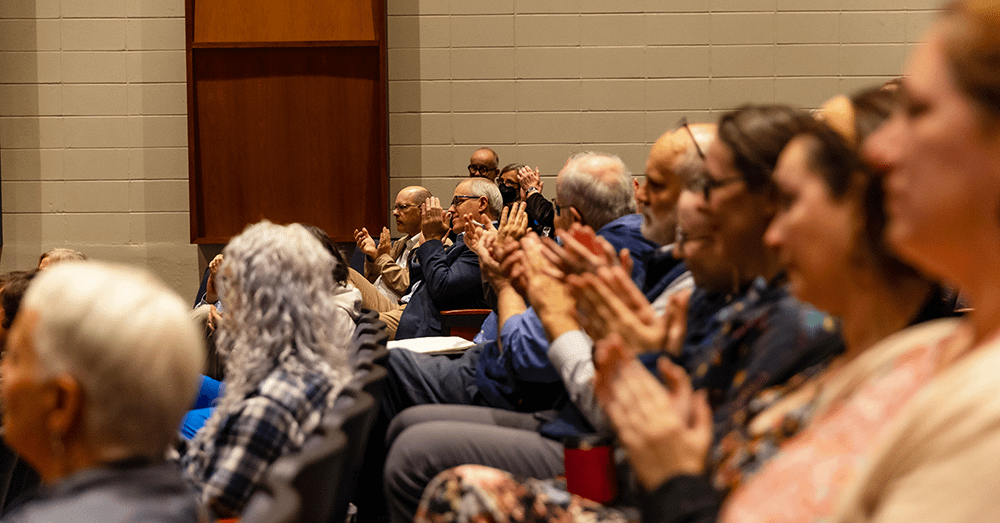College among 200 giving ‘best bang for the buck’
Saint Michael’s College is among 200 colleges and universities – just 7 percent of the nation’s four-year colleges – to be included in the new 2018 edition of The Princeton Review book Colleges That Pay You Back: The 200 Schools That Give You the Best Bang for Your Tuition Buck .
“These schools were bona fide standouts for the return they deliver on one’s college investment,” said Robert Franek, the book’s lead author and The Princeton Review’s Editor-in-Chief. “They offer stellar academics, generous aid awards to students with need and/or merit, and provide all of their undergrads with career services from day one plus a lifetime of alumni connections.”
The 2018 edition of the book, published by Penguin Random House / Princeton Review Books, was released for sale January 16. This annual guidebook, now in its fourth year, is the education services company’s resource “for college-bound students and their parents shopping for affordable, academically outstanding colleges that graduate their students to successful, rewarding careers.” Colleges That Pay You Back contains detailed profiles of the schools, along with other ranking lists.
Under the heading “Bang for Your Buck,” the extended profile of Saint Michael’s College in the 2018 book states: “SMC makes some phenomenal resources available for all students (including career development programs, library, tutoring, and a writing center), and the faculty is equally as helpful [setting up] research …writing letters of recommendation for grad school and enabling networking for internships.”
The Princeton Review chose the 200 schools for this edition based on a comprehensive analysis of data from its surveys of administrators at more than 650 colleges in 2016-17. Survey topics broadly covered academics, cost, financial aid, career services, graduation rates, student debt, and alumni support. The company also factored in data from PayScale.com surveys of alumni of the schools about their starting and mid-career salaries and job satisfaction. In all, more than 40+ data points were crunched to select the 200 schools for the book and tally its seven ranking lists.
“Only 7 percent of the nation’s four-year colleges made it into this book,” said lead author Franek.
Overview
Among the 200 colleges (135 private and 65 public) in the book: the average grant to students with need is $26,800; the median starting salary of graduates is $55,700 and mid-career salary is $108,700.
The Princeton Review’s Colleges That Pay You Back project is an expansion of its America’s Best Value Colleges guide that debuted in 2004 and was inspired by the findings of the company’s 2003 College Hopes & Worries Survey. This annual survey, now in its 16th year has polled more than 141,000 college applicants and parents about their college perspectives.
Among the 2017 survey findings reported in March 2017: 99% of respondents viewed college as “worth it,” but 98% said “financial aid would be necessary” to pay for it (65% of that cohort deemed aid “extremely necessary”). A plurality saw the main benefit of the degree “a potentially better job and higher income.”
Also in the “Bang for Your Buck” section of the Saint Michael’s profile in the book are these words: “Though the sticker price is on par with most private colleges, aid is available o all.” It goes on to list various specific opportunities for scholarships. The Saint Michael’s entry begins with this overview: “Saint Michael’s…is a small Catholic school in Vermont with a ‘humanitarian bent’ and a philosophy that the liberal arts are best learned when instruction is paired with experience. “
The full lists, profiles, and information on the project methodology are accessible at www.princetonreview.com/colleges-pay-you-back.
About The Princeton Review
The Princeton Review is a leading tutoring, test prep, and college admission services company … headquartered in New York, NY. The Princeton Review is not affiliated with Princeton University.






